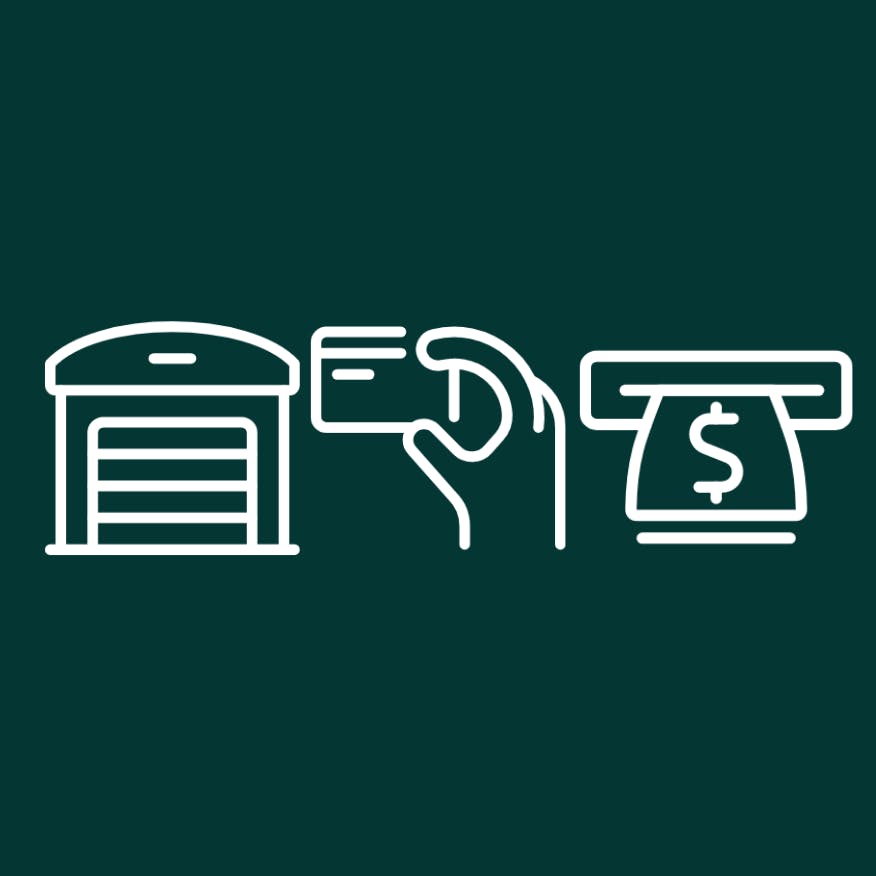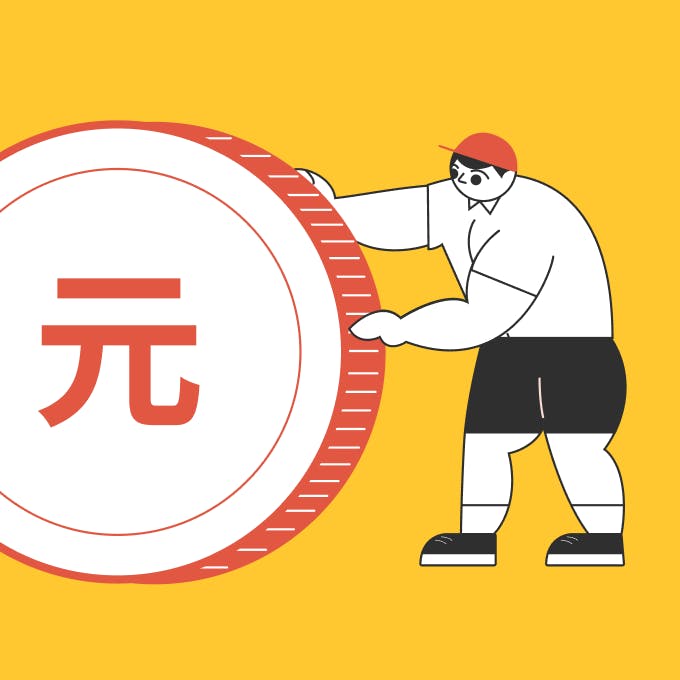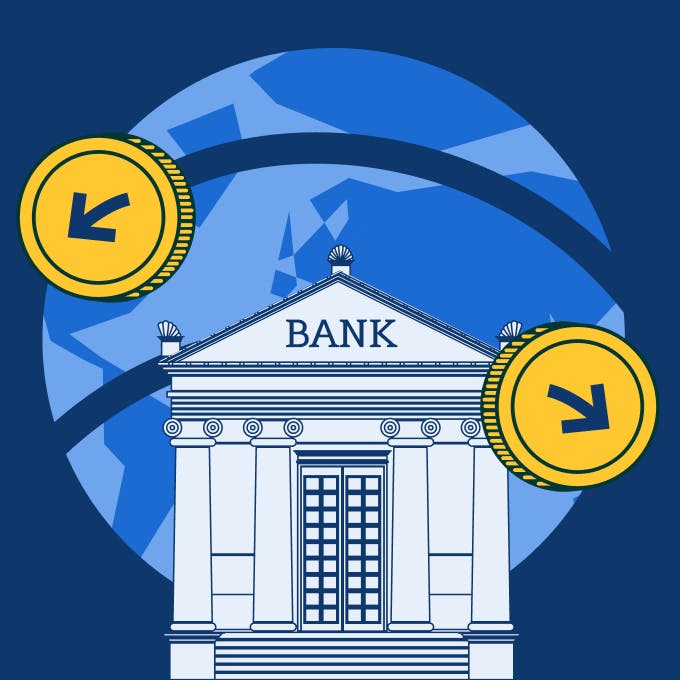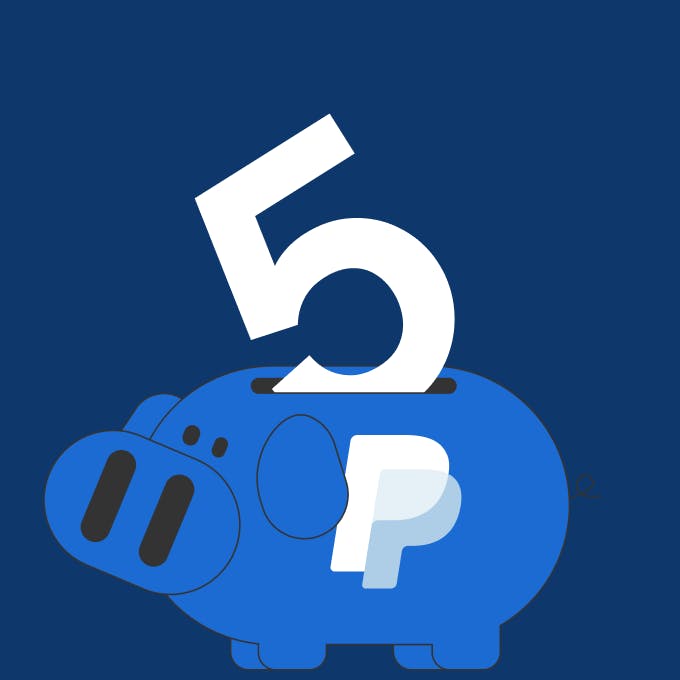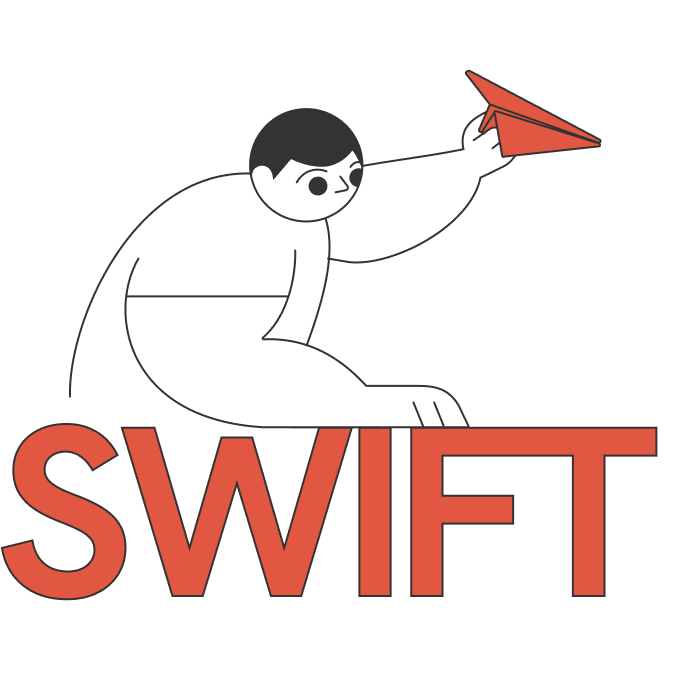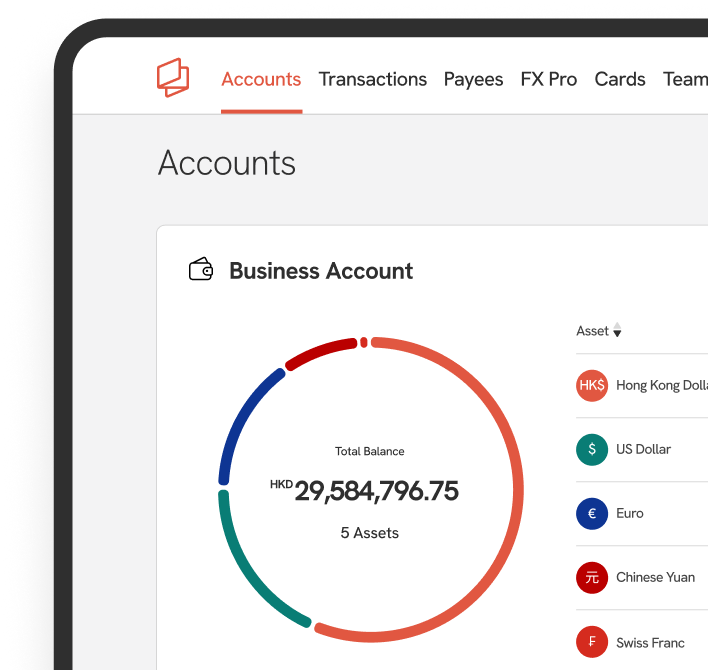If you have ever wondered how banks make money or why they charge you, this article is for you!
Like any other organization or business, banks charge for the services they provide.
A bank will charge interest when it gives out loans, and there are also certain fees when someone opens a checking, savings, or deposit account.
Whether you are a business or someone with a personal bank account, it is important to understand how your bank operates, what fees it charges, how you can avoid such fees, and consider other bank alternatives.
The Complete Breakdown of All Types of Bank Fees and Charges
Monthly Service Fees
The most common bank fee is a monthly service or maintenance fee charged on your checking or savings account.
This charge is for working with the company and is typically withdrawn from your account every month.
However, depending on certain requirements, which will be discussed later in the article, your bank might exempt you from paying this fee.
Minimum Balance Fees
Many banks have a requirement for maintaining a minimum account balance every month.
Therefore, your bank can charge you a minimum balance fee if your account balance drops below the specific amount mentioned.
The minimum balance required by banks is usually around USD $500 to $1,000 or sometimes even more, depending on which bank you have an account with.
If you manage to keep your account balance above the minimum, you can be exempt from paying the monthly service fee or will have to pay a reduced monthly service fee.
Insufficient Funds Charge
An insufficient funds fee or a non-sufficient funds fee is charged when you make a transaction despite not having enough money in your account.
The transaction is declined, and a fee is charged.
The charge varies from personal bank accounts to corporate bank accounts.
If you make a payment with insufficient funds in your account from your corporate business account, the fee charged will be much higher compared to a personal bank account.
Bank Fees Breakdown
Authorized & Unauthorised Overdraft Fees
You can be charged an overdraft fee when there are not enough funds in your account to complete the payment.
Unlike the insufficient fund's charge, your payment is still accepted as the bank covers the rest of the transaction, and a fee is charged as per the agreed-upon overdraft service.
On the other hand, an unauthorized overdraft fee is when you enter into an unplanned or unarranged overdraft by spending more than you have in your account without a prior agreement with your bank.
Paper Bank Statement Fees
Due to bank statements being sent and received online if you wish to get a paper statement delivered to your house, your bank will likely charge you to print and deliver your paper statement.
ATM Cash Withdrawal Fees
While you can use your own bank's ATM free of cost, you may have to pay ATM fees if you use one outside your bank's network. Your bank can also possibly charge a fee for processing the use of an ATM outside its network.
However, in some cases, it is possible to get these fees refunded.
Debit Card Transaction Fees
You may be charged a debit card transaction fee depending on your bank when you make a transaction.
The average charge for processing the payment through a debit card is usually USD$ 0.44 per transaction.
While this may be less, it does add up, which is why merchants usually offer cashback.
Lost Card Fees
If your card gets lost or stolen and you have to apply for a new bank card, your bank may charge you a fee.
The fee often also depends on how fast you want your replacement card to be delivered.
The earlier the delivery, the higher the fee.
Foreign Transaction Fees
If you use your bank credit card to make a payment that involves a foreign bank or foreign currency, you will have to pay a foreign transaction fee.
The amount charged is usually a % of the total amount of the transaction, and how high or low the % depends on the bank as well.
Wire Transfer Fees
Through a wire transfer, you can pay and send money to anyone almost instantly.
Due to this convenience and speed, you will be charged a fee.
In some cases, these fees apply both when sending and receiving money through a wire transfer.
Inactivity Fees
For whatever reason, if you stop using your saving or checking account, you can be charged a fee due to being inactive.
However, this fee is not charged by all banks and is only charged usually after a period of six months.
Account Closure Fees
If you ever decide to close your account if you are moving out of the country or for whatever other reason, you may have to pay an account closing fee.
However, some banks only charge a closing fee only if your account hasn't been open for a while.
Can you avoid these fees and charges?
There are some ways you may either reduce the number of fees charged or avoid it completely.
Having a good understanding of what your bank's policies and requirements are is the first step.
Once you have clearly understood all the ways you may be charged, you can only work towards avoiding them.
Meeting the Minimum Balance
If your bank has a minimum balance requirement, you should always maintain a minimum daily balance in the account.
If you regularly meet these requirements, then you may also be able to request a waiver if, for any reason, your balance falls below the minimum, as this would be a one-off situation.
Reading the Fine Print
Always make sure to read the terms and conditions, including the fine print, before signing up for an account.
Doing so ensures that you understand what you consent to be charged for when using your bank account.
Outside Network ATM Fee Refunds
If no ATM near you is within your bank network, you should consider switching to a bank that refunds and reimburses any out-of-network ATM fees.
Alternatively, you could also make an active effort only to use your bank's ATMs.
Bank Notification Alerts
If you sign up for either email or text alerts from your bank, you get an automatic notification on your mobile that indicates when your balance falls below the minimum.
This ensures that you know you may be charged a fee, so you can act quickly by depositing more money and avoiding the minimum fee balance.
Moreover, customers can also use bank alerts to let you know if you are about to hit your overdraft or not.
Link Bank Accounts
Another way to avoid any minimum balance cheeking fees is to link multiple accounts on one card.
This way, your combined balance from the multiple accounts is taken into account to meet the bank’s minimum balance requirements.
Final Words
The best way to learn how to avoid bank transfer fees is to understand how they work and what fees you can be charged under your current bank service agreement.
You should make sure to always do your research and consider the available information before deciding which bank to sign up with, as this can have a huge impact on the services available to you and their charges.
FAQs
What are the main types of bank fees?
Monthly services fee, minimum balance fees, insufficient funds charge, authorised & unauthorised overdraft fees, paper bank statement fees, ATM cash withdrawal fees, debit card transaction fees, and more.
How can I avoid bank fees and charges?
Why is it important to link your bank accounts?
